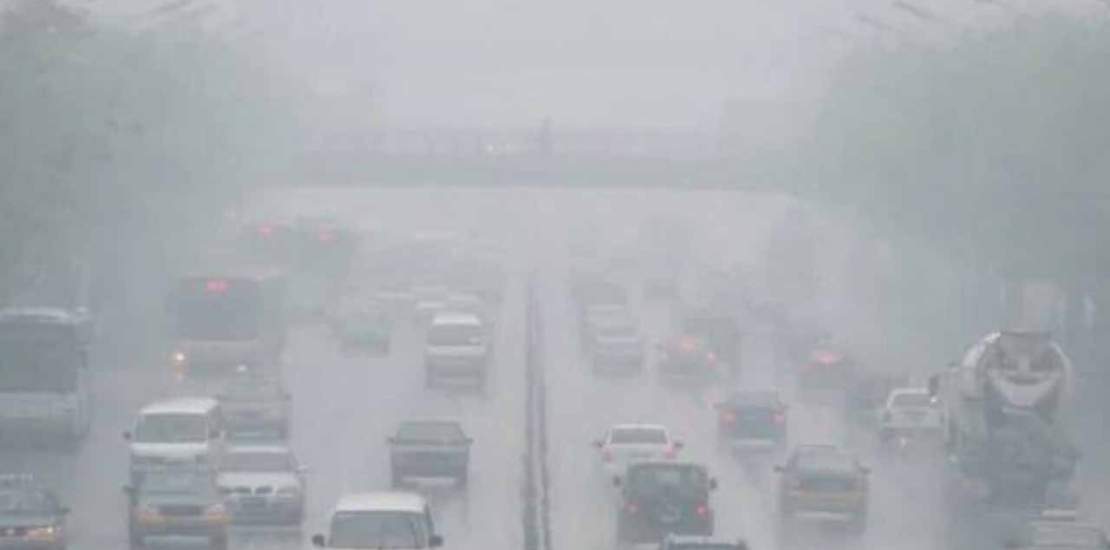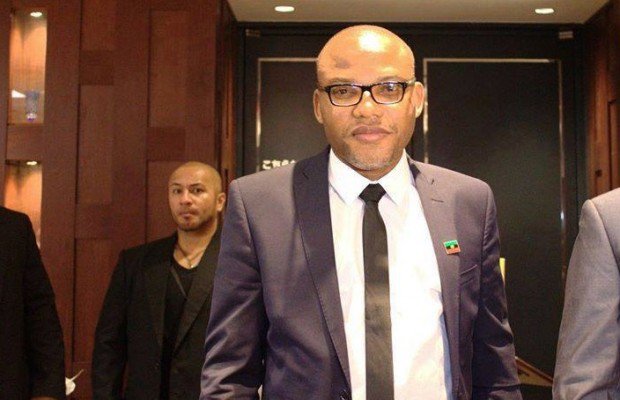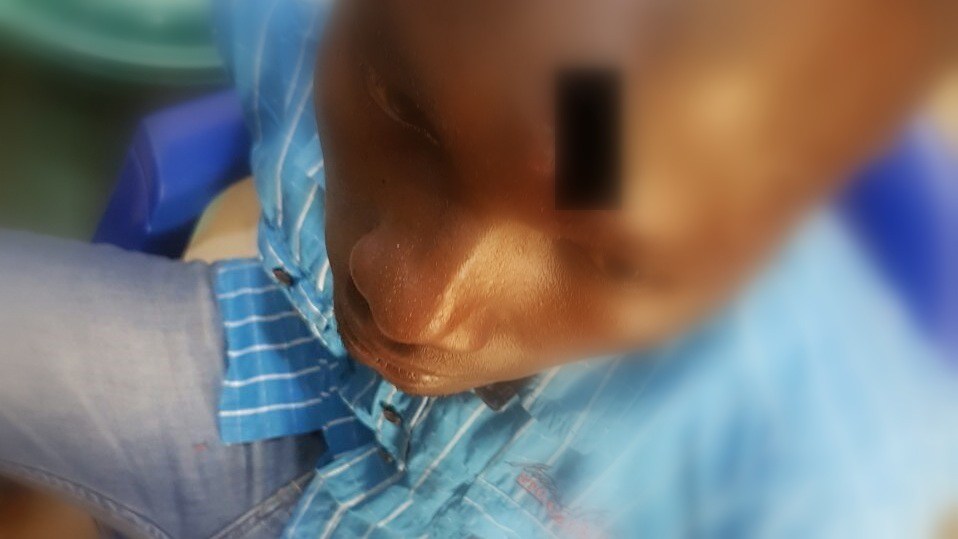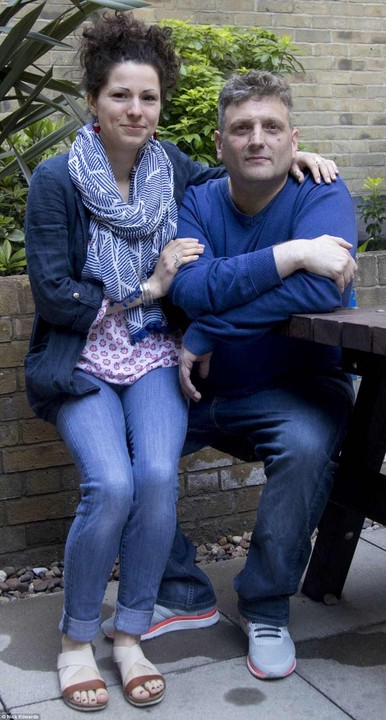- Prince Chiagozie Ekoh (Department of Social Work, University of Nigeria, Nsukka, Nigeria)
The harmattan season, which is a period characterized by low temperature, dry air and increased air pollution leads to widespread airborne disease and exacerbation of pre-existing conditions, should be recognized as a period of potential risk of high COVID-19 infection rates.

This period also coincides with the Christmas season which comes with so many festivities and can become a COVID-19 super-spreader. With many Nigerians now abandoning the non-pharmaceutical protection measures against COVID-19, the harmattan season and the forthcoming spike in social gatherings might usher in the second wave of the virus which can potentially be more catastrophic.
There is need for the Nigerian government to start planning and instituting new protection measures and guidelines for safe Christmas celebration while also educating and encouraging the populace to adopt the protection measures recommended by experts.
The western world is currently going through the second and third wave of COVID-19, with some countries recording more cases now than they had during the first wave. This, according to scientists, is made worse by the winter season which doubles as the flu season [1]. Likewise, the harmattan, a season in West Africa which occurs between November and March is characterized by very low temperature (9 °C, 48 °F) especially at dusk, very dry and dust-filled air, and increased air pollution leading to widespread airborne diseases like the flu.
The harmattan season also comes with low humidity, dropping to as low as 15% and affecting the health of many Nigerians. It leads to conditions such as dried skin, dried and chapped lips, dehydration, and occasional spontaneous nosebleeds. It also affects the respiratory system as people experience difficulty in breathing, aggravation of asthma and easy transmission of respiratory diseases like cough, catarrh, and tuberculosis ( [2]. The season further results in increase in cardiovascular diseases leading to a rise in hospitalization for congestive cardiac failure and cerebrovascular accident, which prompted Okeahialam, [3] to define it as a season of anguish for cardiologists and patients.
So far, Nigeria and other West African countries have reported moderate to mild cases of COVID-19 infections. However, the respiratory tract becomes dried of mucus and the bare epithelium loses its first line of defense in the harmattan low temperature [3]. Thus resulting in high risk of viral infections, which increase platelet stickiness, thrombus formation, and hypercoagulability of the blood due to cytokines and other inflammatory factors (ibid). This will expose many Nigerians to the risk of COVID-19 infection.
Also, the harmattan season exacerbates the health conditions of people with pre-existing health conditions, and studies have shown that people with preexisting health conditions suffer severe disease and higher death rates from COVID-19 [4,5]. Hence, people with pre-existing health conditions like asthma and cardiovascular diseases may be at greater risk of infection and mortality during this harmattan season.
The situation might become more severe given that many Nigerians have abandoned the non-pharmaceutical protection measures against COVID-19 with skepticisms about the existence of the virus in Nigeria and the belief that the virus is slowing down coupled with the Christmas season which is a period of excessive social gatherings for Christmas celebration and as typical in Nigeria, a season of widespread social events like weddings, funeral ceremonies and other festivities which might become super-spreader events.
While, there is no empirical evidence on the consequences of the harmattan season on COVID-19 spread in Nigeria yet, reports have revealed that Nigeria is at risk of COVID-19 second wave during the harmattan season [6,7].
There is therefore need for the Nigerian government to look at the probable impending disaster and institute new measures and guidelines to protect people from the virus. There is also need for the government to re-enforce the use of non-pharmaceutical protective measures like wearing of facemasks.
Furthermore, health experts, social workers and the government should continue educating Nigerians, especially those with pre-existing conditions on the health risks of the virus and the need for them to protect themselves during this harmattan season and avoid social gatherings so that we all can survive this period without overburdening our health facilities and recording high mortality rates.





